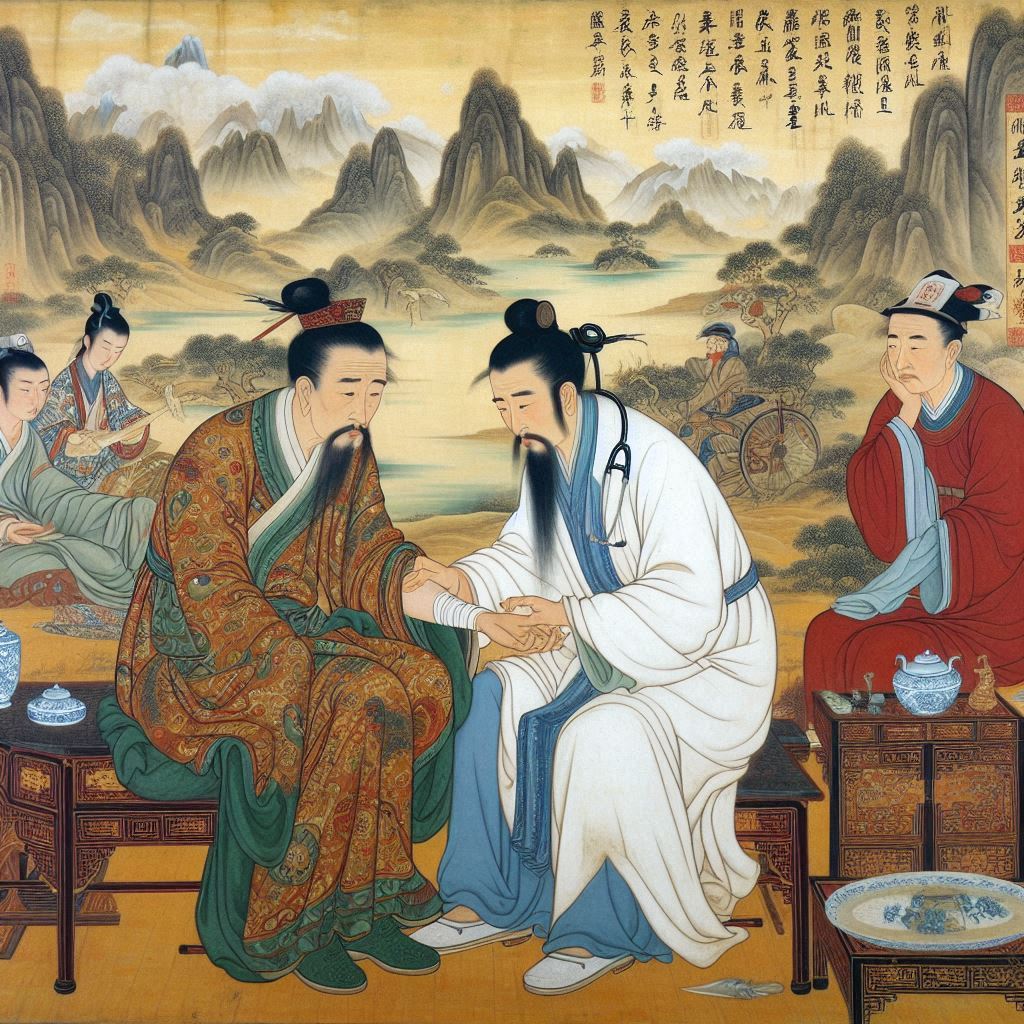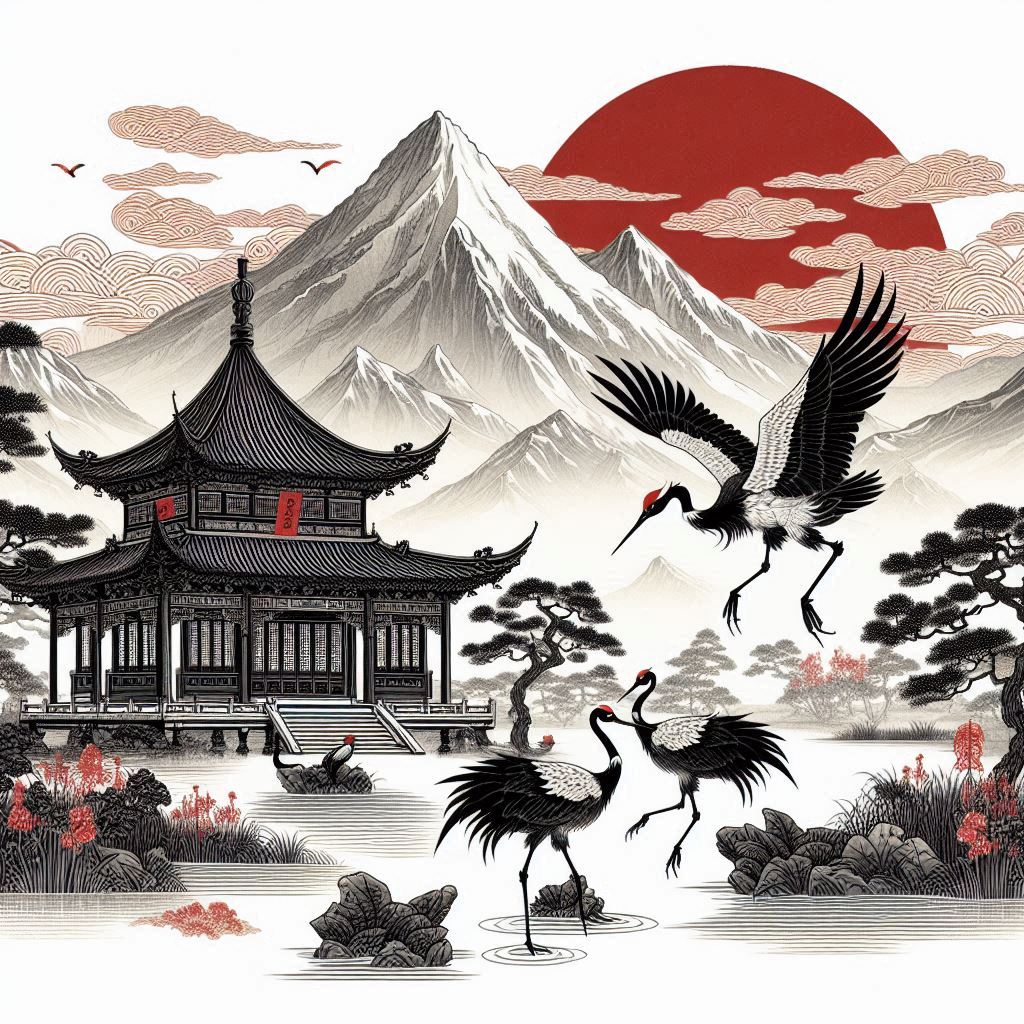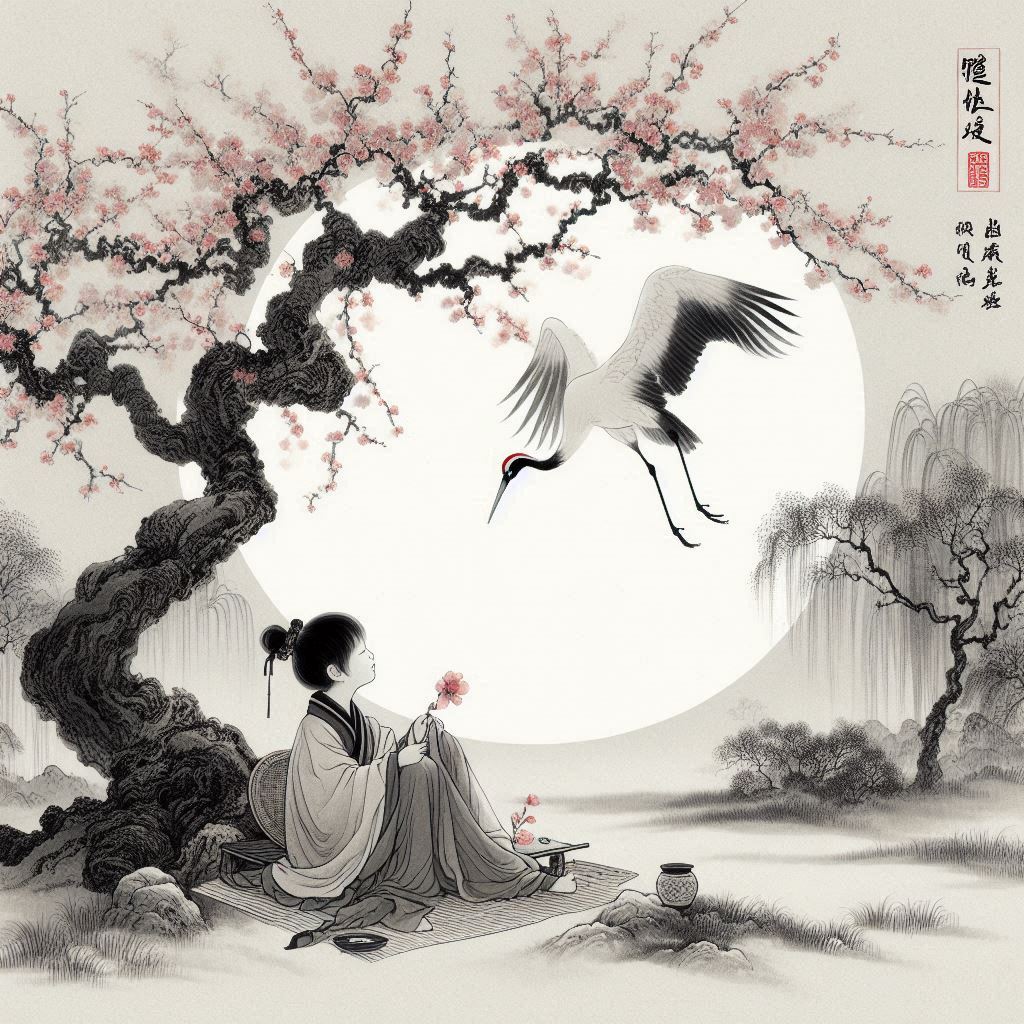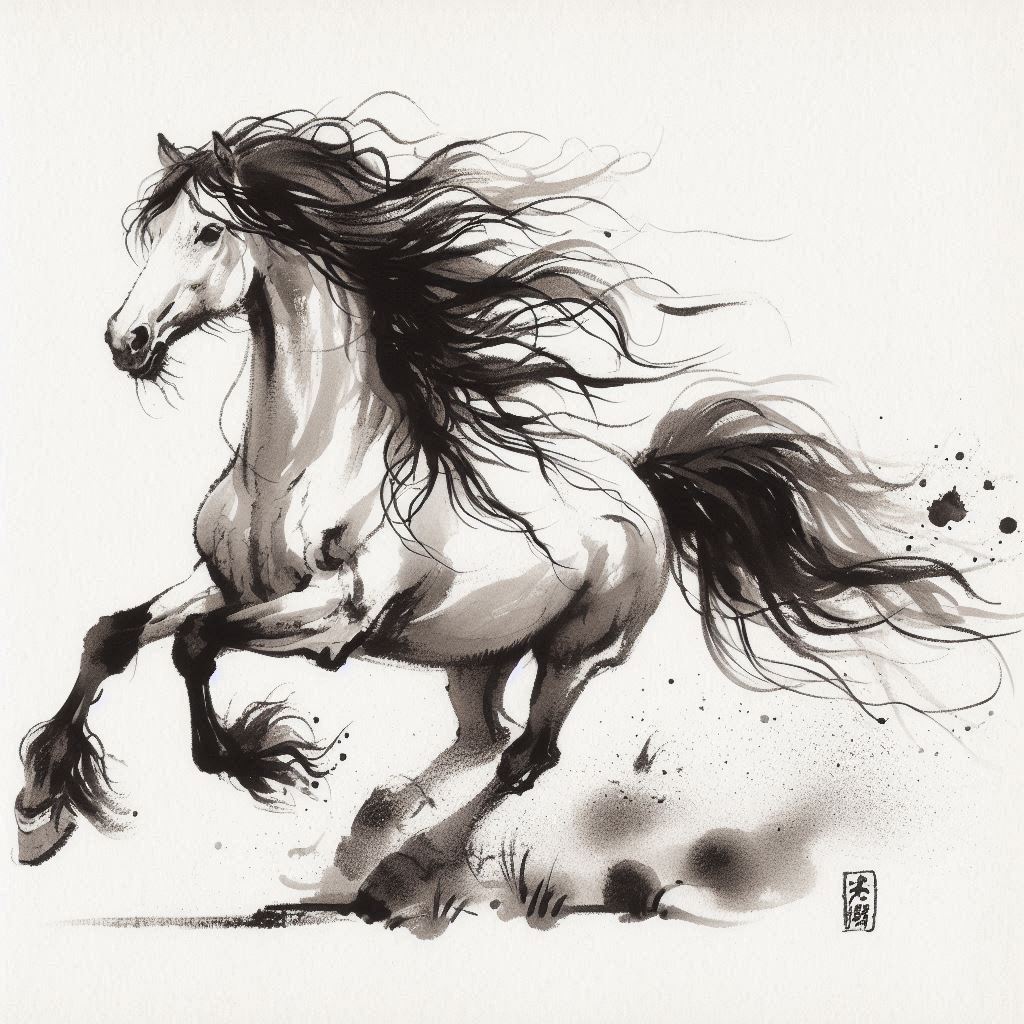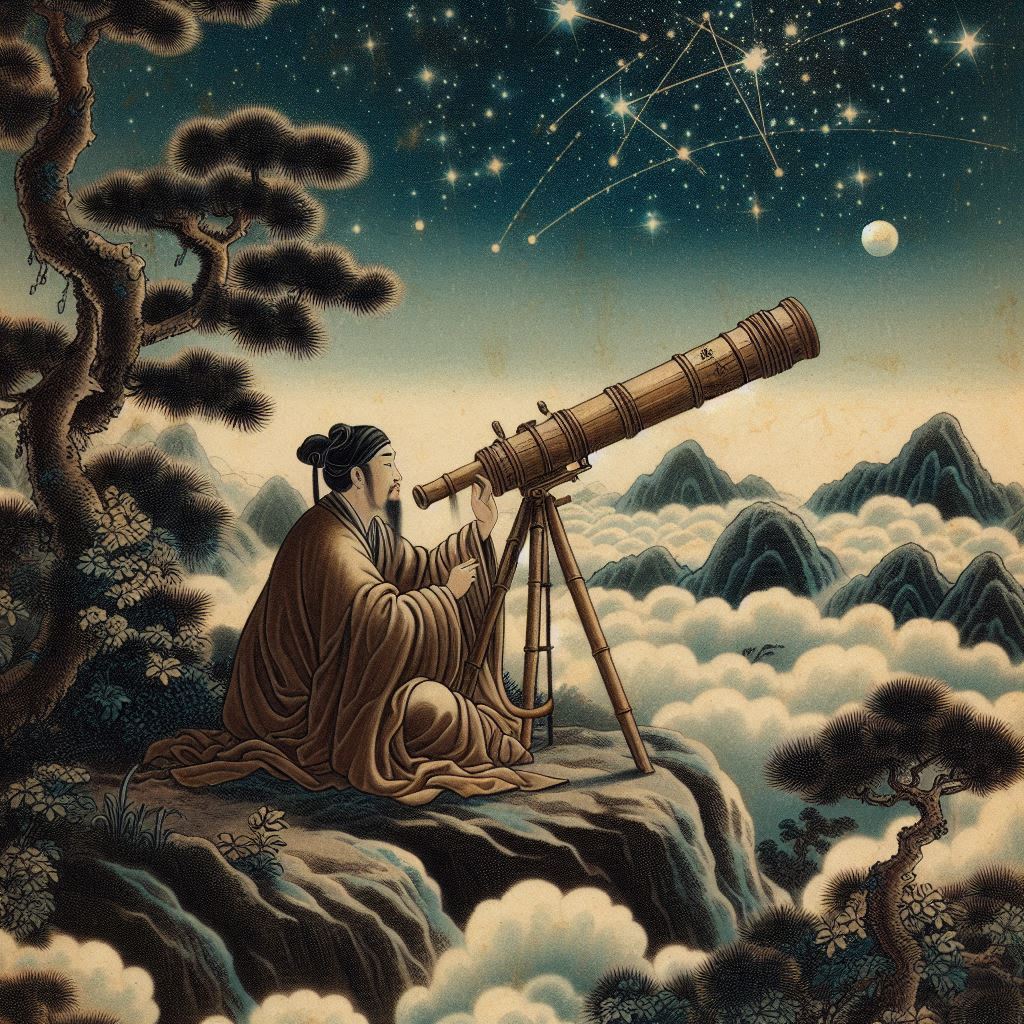Introduction to the disharmony
Major symptoms:
- heart palpitations
- mental restlessness
- insomnia and dream-disturbed sleep
- Heart Fire symptoms - severe mental restlessness, agitation and impulsiveness, thirst for icy cold drinks, aversion to heat, redness, mouth and tongue ulcers
- Heart Yin deficiency symptoms – anxiety, night sweats, hot palms and soles, dryness
- Heart blood deficiency symptoms - nervousness, anxiety, poor memory, dizziness, paleness
The herbs that calm the spirit are divided in two parts – those that pacify, soften and settle the Heart, and those that nourish the Heart(1). The former group of herbs is beneficial mostly for excess heat in the Heart/Heart Fire, while the latter group is prescribed more for Heart Yin and Heart blood deficiency.
How does "heat in the Heart" develop? Maybe the major cause for the accumulation of "heat in the Heart" is chronic anxiety(2) (an emotion that has direct effect on the Heart). It gives rise to what is called “Heart Fire" - severe heat in the Heart.
“Heart Fire” may be also transmitted from “Liver Fire”(2). In Five Elements theory the Heart is Fire element and the Liver is Wood element putting both organs in a "generating" relationship. Just like wood makes/generates fire the Liver transfers/generates its patterns to the Heart. A lot of the herbs that pacify and settle the Heart also enter and pacify the Liver.
Another cause for "heat in the Heart" is Yin deficiency. To understand how Heart Yin deficiency develops we need to make a quick review of the concept of Yin and Yang in traditional Chinese medicine.
Since Yang in nature represents activity, light, warmth it logically represents energy/warming faculty in the human body. Since Yin in nature represents rest, quiet, slowness it translates into the material aspect of the human body. In other words Yin represents matter, blood, body fluids, while Yang is the force that makes them come to life(3).
There is good health when Yin and Yang are in balance. When Yang is deficient Yin instantly becomes excessive. Yang deficiency manifests in coldness, lethargy, overflow. When there is Yin deficiency the warming principle of the body (Yang) becomes excessive which in time will lead to accumulation of heat. Thus Yin deficiency leads to heat accumulation. Therefore Heart Yin deficiency manifests with heat signs. Since blood belongs to Yin, deficiency of Heart blood may also manifest in heat signs. The cause for Heart blood deficiency can be severe bleeding(2)(3), a diet that lacks protein(2), a weak digestion as well as inherited blood deficiency conditions such as anemia. The second group of herbs tonify the Yin and/or the blood of the Heart.
In traditional Chinese medicine the Heart "houses the mind"(2). Heart imbalance is always spirit related so the above conditions manifest with mental restlessness(2)(4), nervousness and anxiety. As the “house of the mind” is fragile the mind wonders homeless at night and there is insomnia and dream disturbed sleep(2)(4). With Heart Fire there is aversion to heat, redness and mouth and tongue ulcers(2) (the Heart opens into the tongue). With Heart Yin deficiency the heat is “deficient” manifesting in night sweats and hot palms and soles(4). With Heart blood deficiency there is paleness(2)(3), poor memory(2)(3) and dizziness(2) (not enough blood to nourish the brain).
The herbs that subdue and settle the Heart and are mostly for Heart Fire are all minerals and shells(1). Being dead substances thus having no energy minerals and shells are with neutral, cool and cold nature making them a great remedy for excess heat conditions.
The herbs that nourish the Heart and are mostly prescribed for instances of Heart Yin and/or blood deficiency are all plants.
Major Chinese herbs
A lot of herbs that calm the spirit enter the Heart but also the Liver. Such are the minerals Zi Shi Ying (Fluoritum) – fluorite, Hu Po (Succinum) – amber, Dai Zhe Shi (Haematitum) – hematite, and pearls – Zhen Zhu (Margarita). They all sedate the Heart and clear the Liver benefiting a range of symptoms such as palpitations, anxiety, excessive dreams, disturbance of the spirit, dizziness etc.(1).
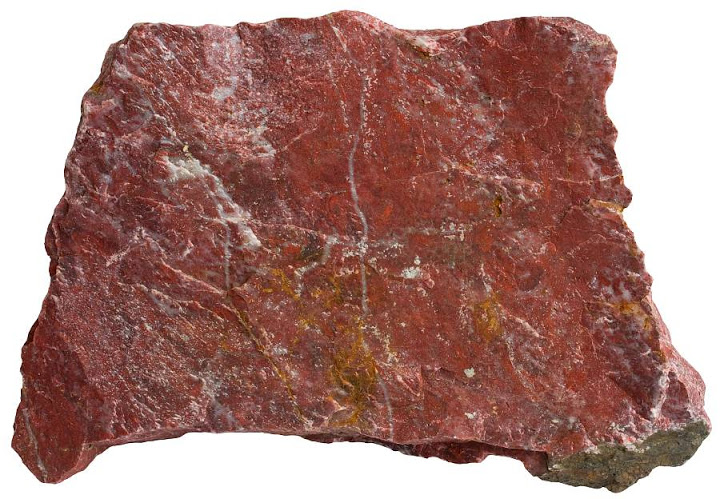
Oyster shell – Mu Li (Concha Ostreae) and magnetite – Ci Shi (Magnetitum) both enter the Liver and the Kidney and besides subduing the Heart and the Liver, have nourishing the Kidneys function. A major herb from the nourishing the Heart and Liver group of herbs is Suan Zao Ren (Ziziphus spinosa) – sour date seed. Nourishing both Liver blood(1)(5) and Heart Yin and it is gentle yet very powerful herb in treating irritability (Liver), anxiety (Heart)(1) and forgetfulness(5). Another seed that benefits forgetfulness is Bai Zi Ren (Biota orientalis). It also tonifies Heart blood(1) and is one of the longevity herbs in traditional Chinese medicine(5).
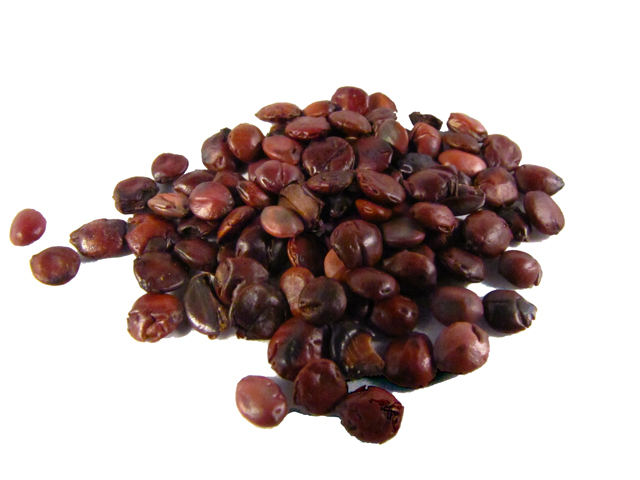
Yuan Zhi (Radix Polygalae Tenuifoliae) translates to “profound will” and is an herb that is specifically beneficial for suppressed/unexpressed emotions and preoccupation with depressing and painful memories or thoughts. He Huan Pi (Cortex Albizziae Julibrissin) translates to “conjoined happiness bark” and benefits bad temper(1).
Healing foods
Foods that calm and focus the Heart are grains and silicon foods(5).
To unlock the rest of this article select "Yes, I want to learn!" below.
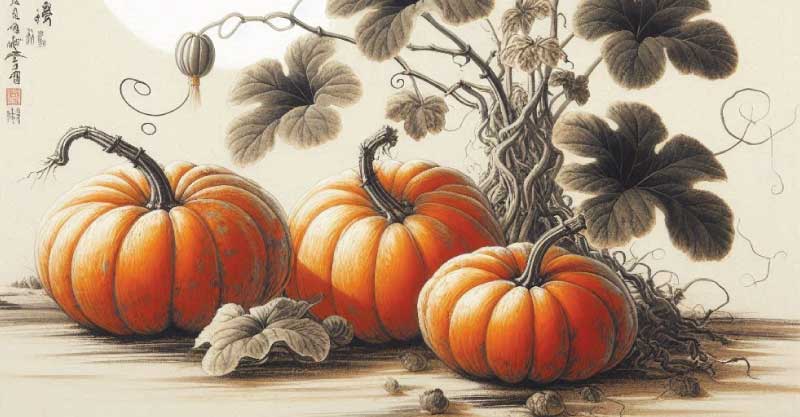
Food therapy is the most economical and non-toxic biochemical approach to health and disease. Food is something we continuously use to sustain our lives. Learning what foods are healing (and what disruptive) for each condition has the potential to convert every meal into a form of therapy.
YS
(1) Benski, Dan & Gamble, Andrew (1993). Materia Medica, Revised Edition. Seatle: Eastland Press, Incorporated
(2) Maciocia, Giovanni (1989). The Foundations of Chinese Medicine. Edinburgh: Harcourt Publishers Limited
(3) Zhang, Enqin (1990). Basic Theory of Traditional Chinese Medicine. Shanghai: Publishing House of Shanghai College of Traditional Chinese Medicine
(4) Yang Weiyi, Meng Fanyi, Jiang Yuanan(2002). Diagnostics of Traditional Chinese Medicine. Beijing: Beijing University of Chinese Medicine and Pharmacology
(5) Lu, Henry (2005). Chinese Natural Cures. New York: Black Dog & Leventhal Publishers, Inc.
(6) Pitchford, Paul (2002). Healing with Whole Foods. Berkeley: North Atlantic Books
(7) Holmes, Peter (1998). The Energetics of Western Herbs. Boulder: Snow Lotus Press, Inc.
Related Articles:
Note: This site and its services are to consumer educational use only. Nothing contained in this site is or should be considered, or used as a substitute for medical advice, diagnosis or treatment. We advise users to always seek the advice of a physician or other qualified professional with any questions regarding personal health and medical condition. Please read our Disclaimer

